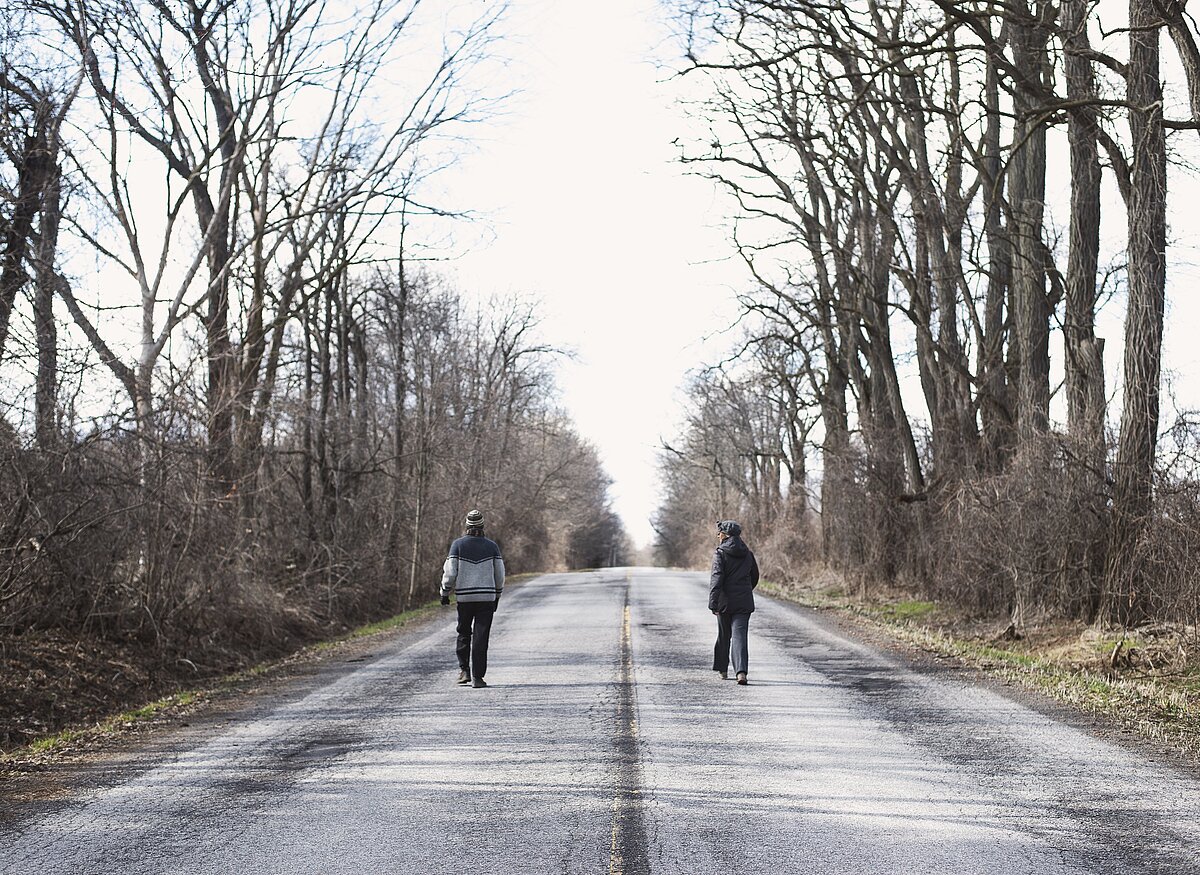Accustomed to a life full of interactions, appointments, friendships and meeting, we found ourselves catapulted for months into a parallel universe composed of chats, messages and video calls.
2020 has put a strain on most of us: for work, family, relationship, practicality issues. But 2020 has also put a strain on marketing which has always been a mirror of society and its technological evolution.
We have all heard about Marketing 1.0, 2.0, 3.0, 4.0. But, in what category do we identify now?
Companies today try to give more than just a product to consumers. They want to establish a direct link through experiences.
As an evolution of the customer experience, experiential Marketing leverages the emotional component of the consumer to create a direct link with the brand. The intensity of the experience, designed to be engaging, relevant and personalized, manages to sell not only the product but a lifestyle.
According to B. Schmitt there are 5 different types of experience which he calls SEM (Strategic Experiential Modules):
- Sense: experiences that relate to the sensory system of customers
- Feel: creating emotional experiences related to the brand by stimulating the internal feelings of the consumer
- Think: create experiences focusing on man's intellectual and creative abilities
- Act: experiences involving physicality, lifestyles and interactions
- Relate: experiences that result from placing oneself in relationships with other individuals
The philosophy behind experiential marketing is that an experience is worth much more than an advertising spot and so social platforms become the most exploited means of promoting and sharing this type of approach.
But what happens to experiential marketing when it comes in contact with people that are leaving a period of social distancing? What happens when the goal of an event, the aggregation and bringing together more people in one place to making them interact, becomes prohibited?
Those who were to be involved through sensory and emotional experiences, now spend time online, bored by the redundancy of content and in the spasmodic search for the truth about something unknown.
During the lockdown period, companies poured into social platforms, where communication is fast and crowded of voices, to create a point of contact with these users.
Social networks, which previously were only showcases and means of promoting and sharing experiences, become the only tool for interaction and involvement. Many brands have experimented with online engagement methods, but nothing comparable to the sensory experience.
People need human relationships. A laugh, a pats on the shoulder, a hugs, an aperitif, a movie under the covers, a dinner at the restaurant, are all settings that we idealize and concretize through physical presence.
Most of the initiatives and content promoted by companies in the Covid period concerned information, safety rules, entertainment, events designed for offline transported online.
Why hasn't any brand managed to reformulate the Covid-19 experiential marketing concept? Why did no company stand out for a change of course towards the new needs of users?
In our opinion, probably the Marketing phase we went through was characterized by waiting and compensation.
Waiting for a safer period that could allow the rapprochement of people. The brands had to react to an extraordinary event without however knowing its significance. Usually these types of situations are defined as "Instant Marketing" but in this case it was not an occasion so limited in time, and above all no one had any idea of foreseeing its end, hence the expectation of a return to normal.
Compensation through the available online means trying to involve users with trends and hashtags that immediately became viral as #andràtuttobene and #ripartiamoinsieme without having the possibility of creating a new strategy or a new communication model because calibrated on a passing situation.
At E-Business Consulting, we have experienced this type of perplexity firsthand, trying to support our customers with the determination that has always distinguished us. In this period we have carried out projects for our customers with a forward-looking vision such as Social Media Marketing, eCommerce and Mobile Marketing.














